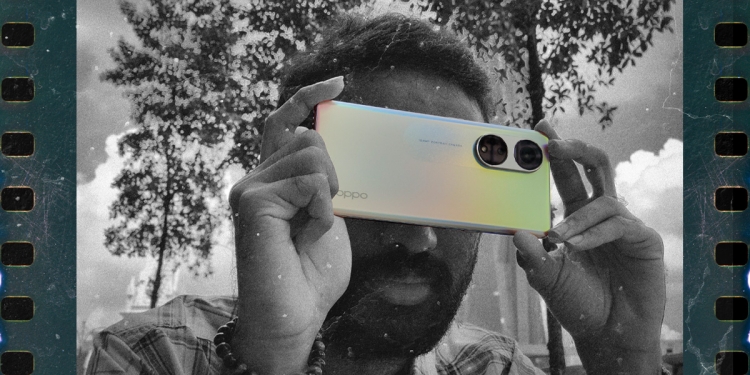This post is brought to you by OPPO.
A small town was first built in Kuala Lumpur in 1897 to serve the tin mines in Selangor. From that small town, Kuala Lumpur grew into the massive city we know today. Despite all the modern buildings, skyscrapers, and infrastructure, there are remnants of the past scattered around the city. Some of these landmarks date all the way back to the colonial era of Malaysia.
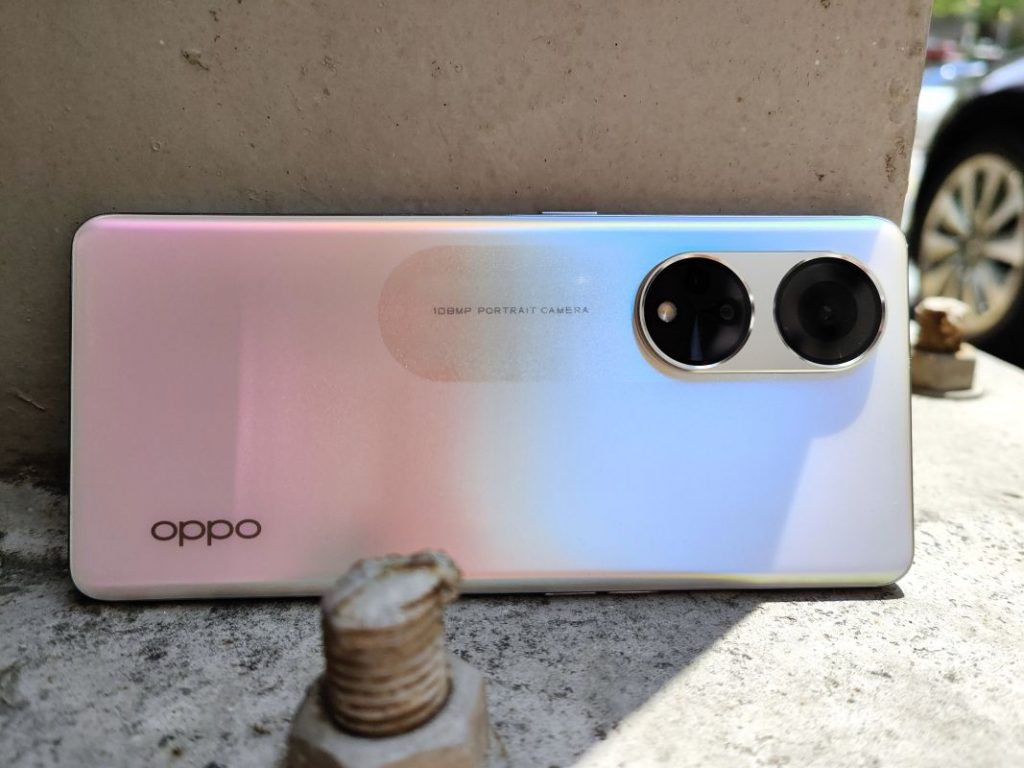
To help showcase these historical landmarks, we took the OPPO Reno8 T 5G and its huge 108MP sensor into Kuala Lumpur City. With a 108MP sensor, the camera is able to capture more light information from the scene, increasing the overall data available in the image.

This allows you to zoom into a photo, pan around to find a better framing, and crop that section without a noticeable loss in clarity and sharpness. This would come in handy if you had to shoot in places with a crowd as you could crop them out. Besides that, you are able to crop multiple sections of a single image to showcase those individual subjects.
Without further ado, here are 5 historical landmarks in Kuala Lumpur captured on a 108MP camera with the OPPO Reno8 T.
Central Market
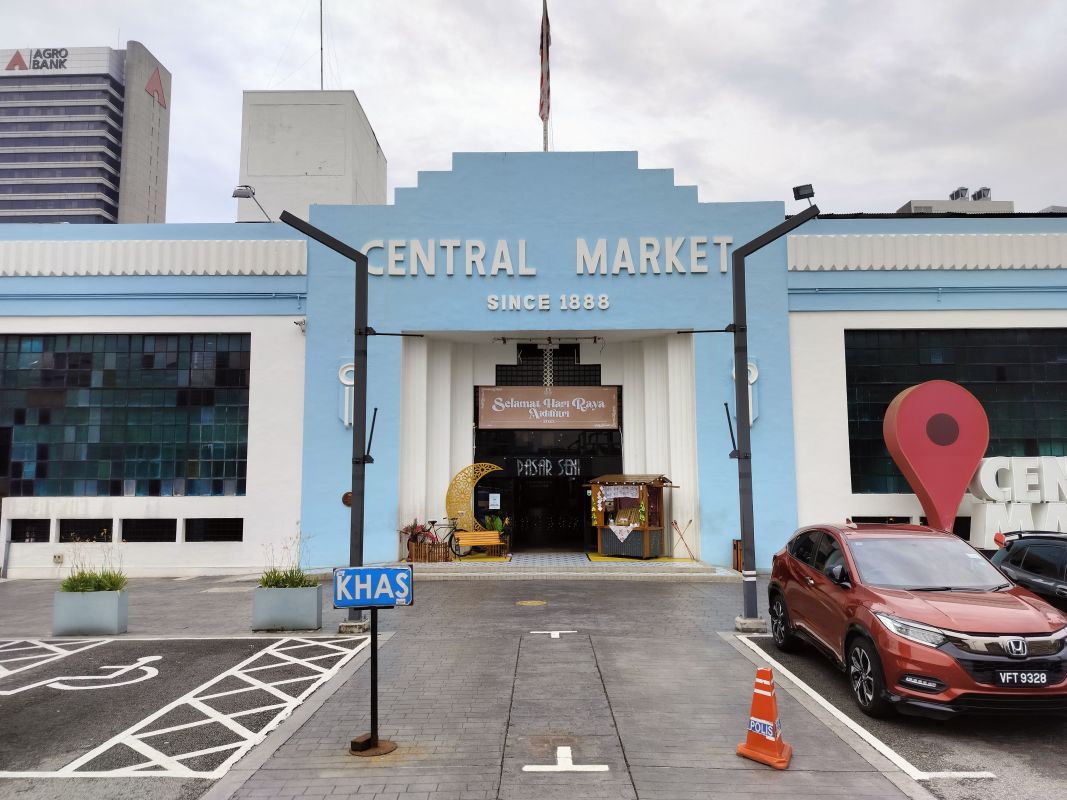
Built by Yap Ah Loy in 1888, Central Market started off as a wet market, a far cry from what it is today, a collection of businesses mostly promoting Malaysian arts, handicrafts, and souvenirs.
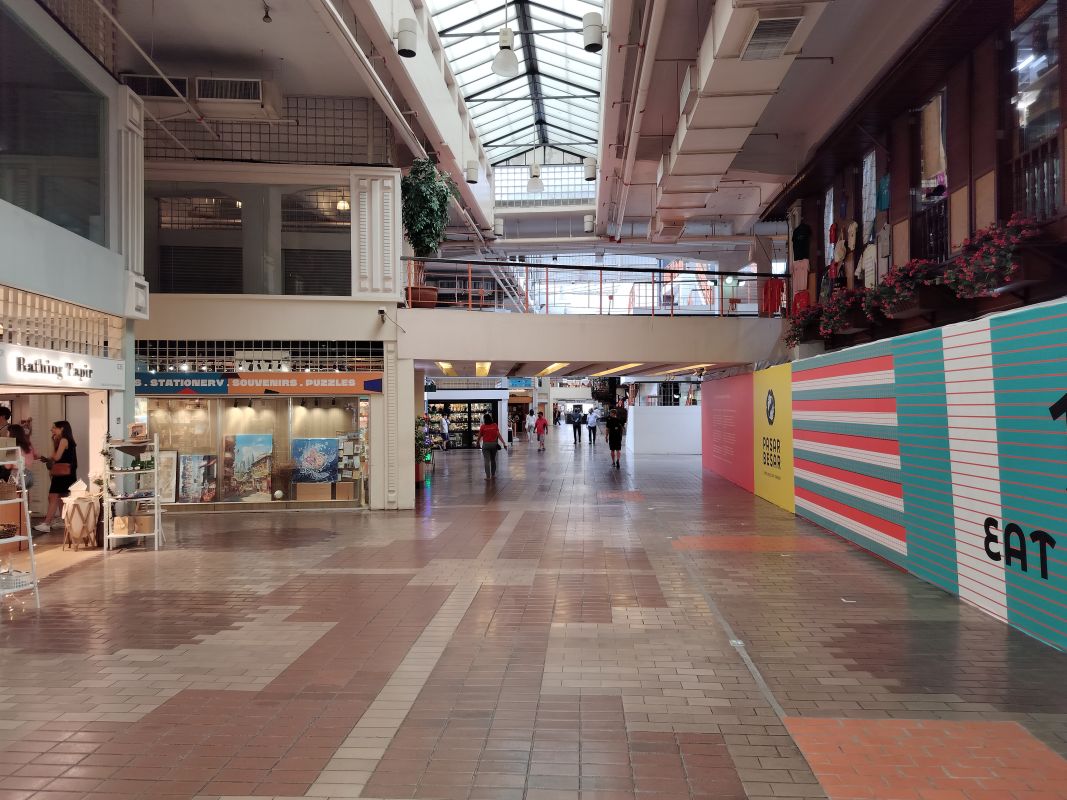
The wet market relocated in the 1980s and the building was sentenced to demolition. But it was saved by a petition by the Malaysian Heritage Society and was allocated an RM9 million grant by the Federal Government to transform the building into a centre for Malaysian culture. Currently, it is owned by Central Market Sdn Bhd, a company under the Kha Seng Group umbrella.

Besides the building, there’s another item made during the British occupation of Malaysia, sitting at the entrance of Central Market. It is a post box built by Mc Dowall, Steven & Co Ltd in Glasgow between 1910 to 1936 during the rule of King George V. This example is one of the 27 British colonial post boxes that sull remains in Malaysia.
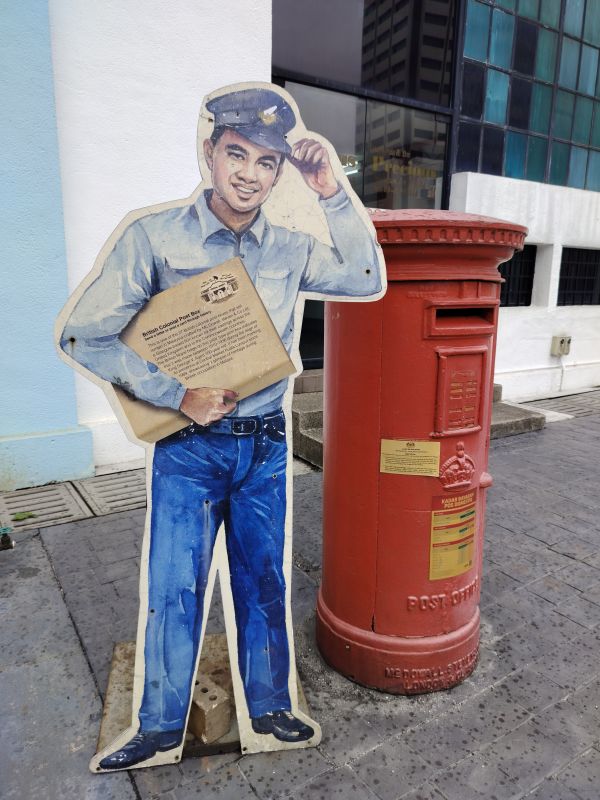
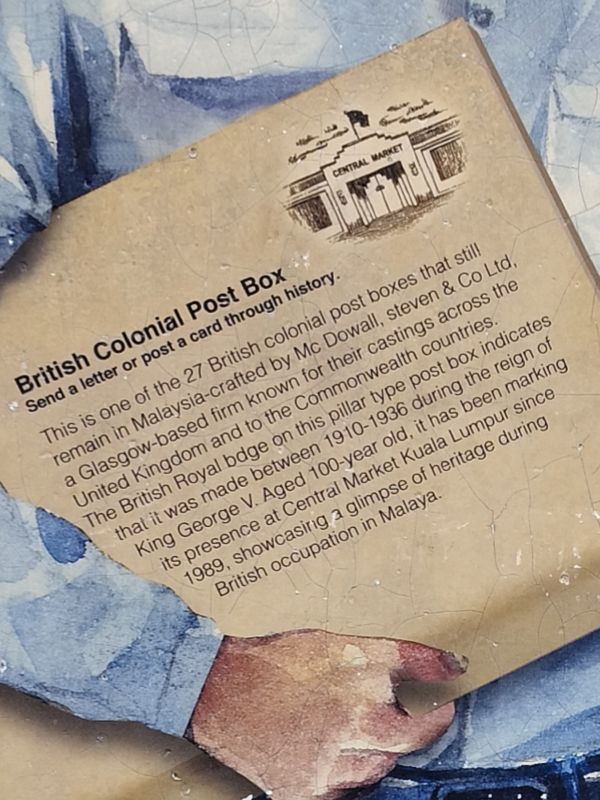
Here, thanks to the extra data captured by the 108MP camera on the Reno8T, you can zoom into the photo to read the text in the description on the cardboard cut-out.
Dataran Merdeka
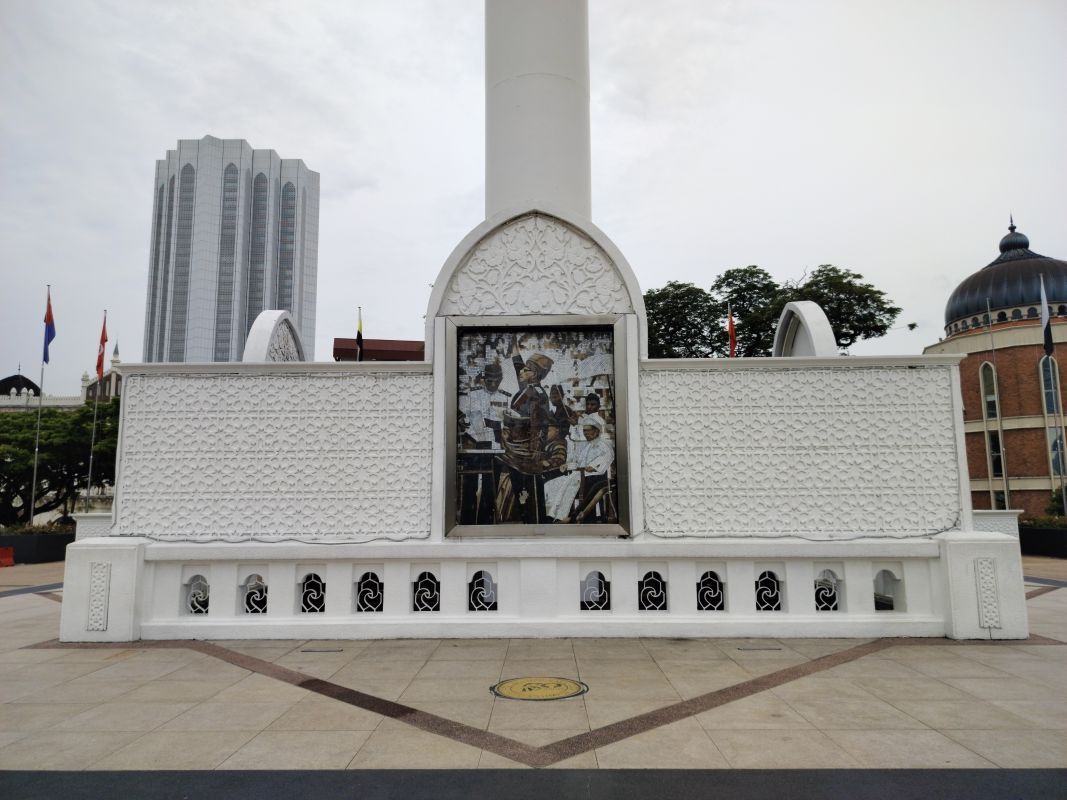
Needing no introduction, Dataran Merdeka is probably the most iconic landmark, not only in Kuala Lumpur but in Malaysia. On the 31st of August 1957, here’s where the Union Jack was lowered, and the Malayan flag was proudly hoisted.
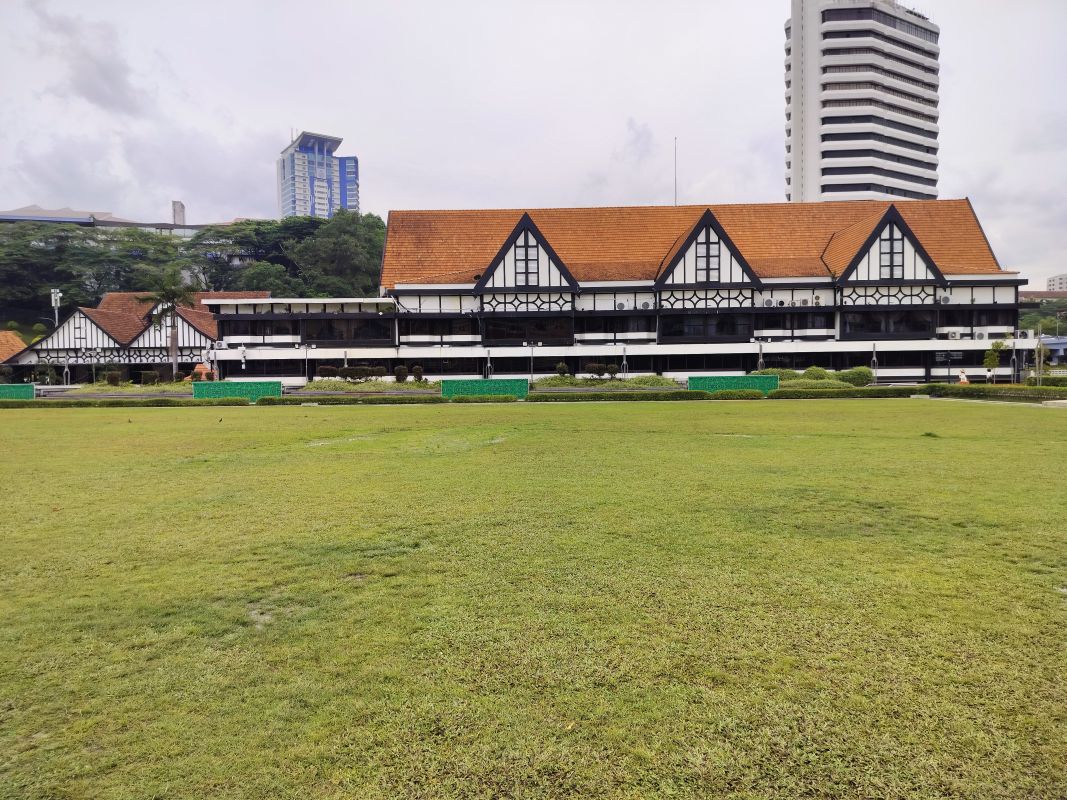
However, most of you might not know that the field of Dataran Merdeka was initially built for playing Cricket by members of the Selangor Club Padang in 1884. The building that housed the club remains next to the field.
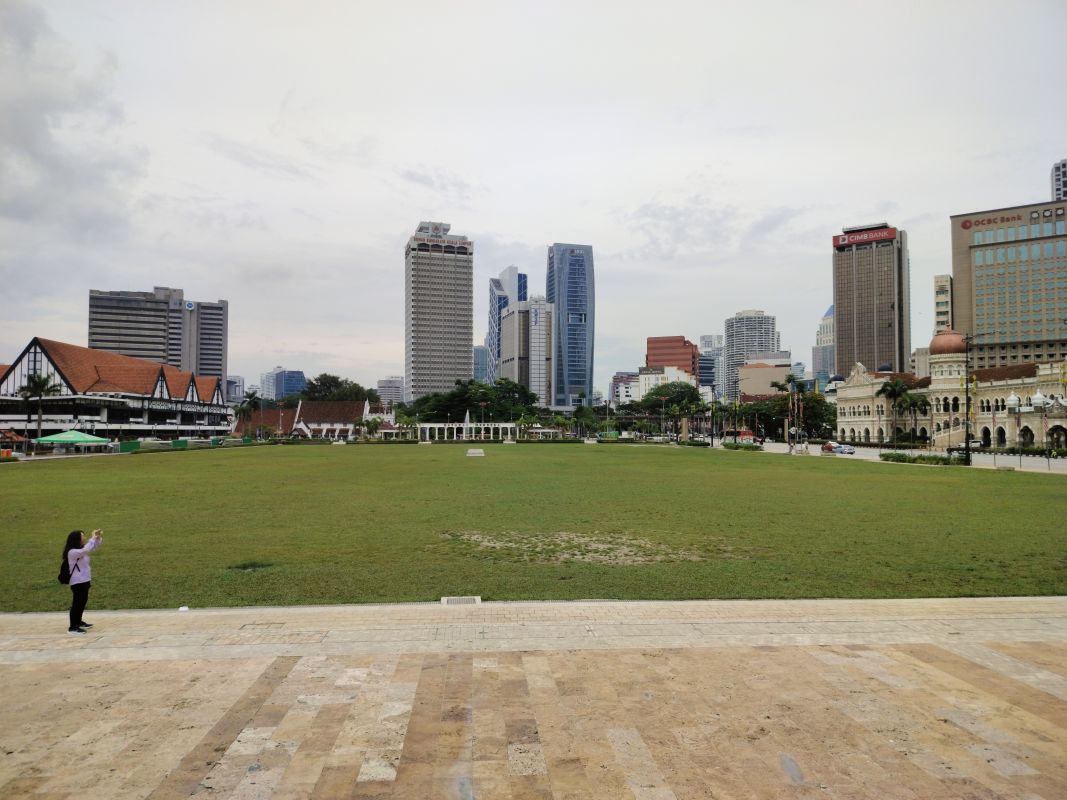

Dataran Merdeka is a huge field and it’s quite long, lengthwise. Using the 108MP camera, you are able to zoom into a photo taken at one end of the field, and still be able to read the text on the structure across the other end.
Old Kuala Lumpur Railway Station
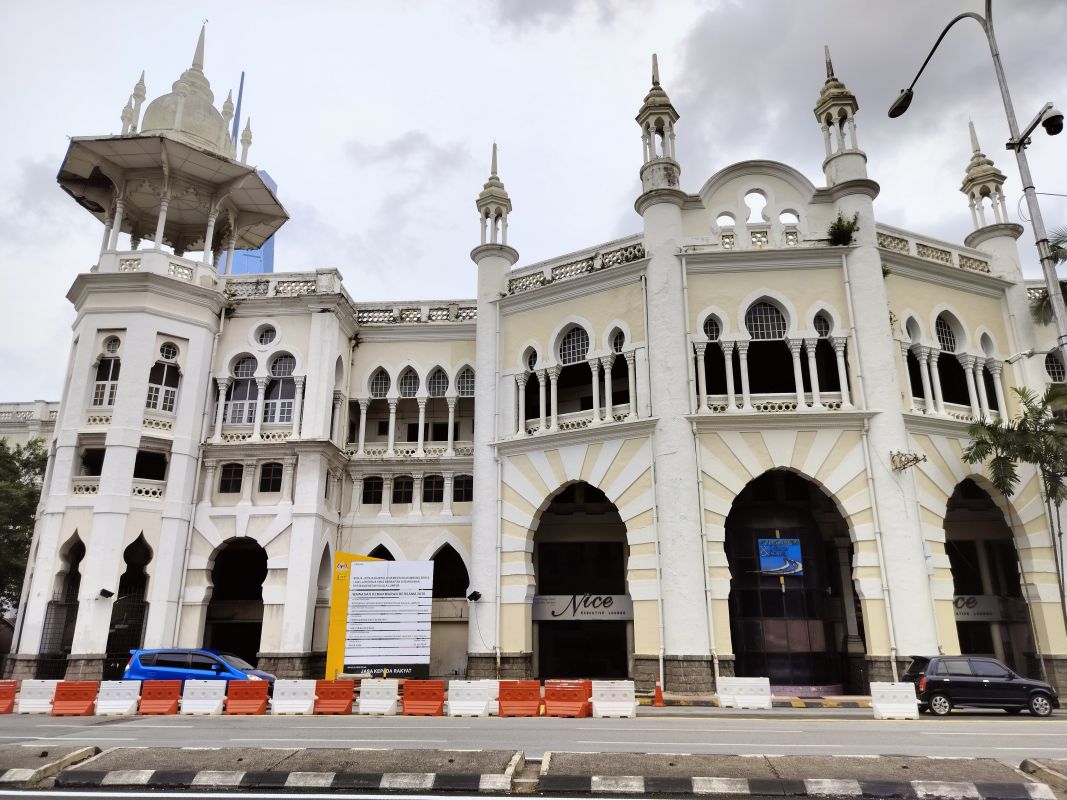
Built in 1892, the old Kuala Lumpur Railway Station cost RM23,000 and was designed by British architect, Arthur Benison Hubback. It replaced the Resident Station, Kuala Lumpur’s first railway station, built in 1885 on Foch Avenue, now known as Jalan Tun Tan Cheng Lock.
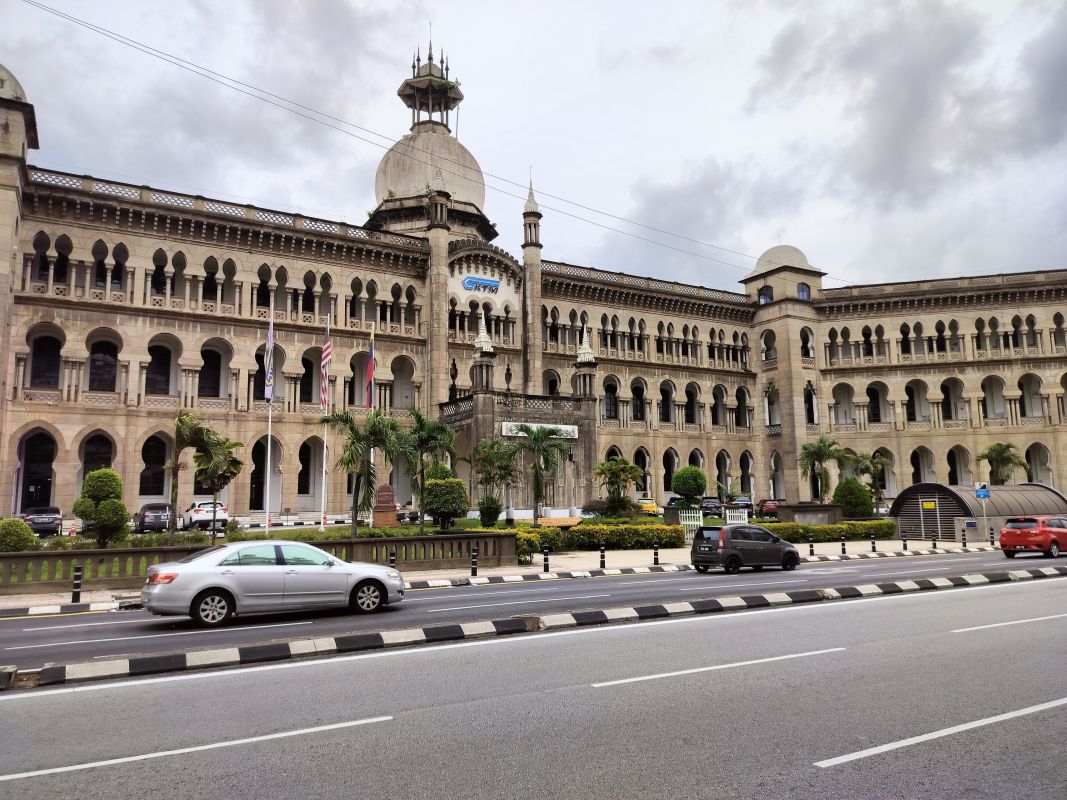
Across the railway station, is the Malayan Railway Headquarters Building, which was completed in 1917, three years after it began construction as it was delayed by the first world war.
St. John’s Institution

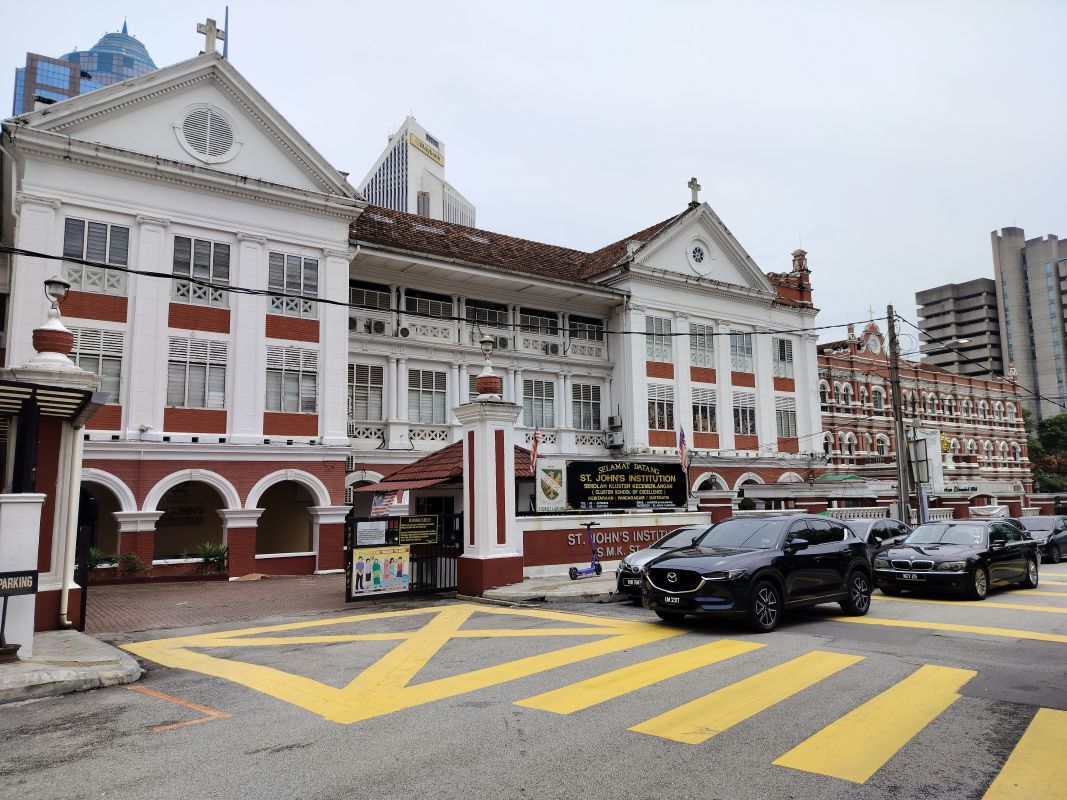
St. John’s Institution is one of the oldest schools in Kuala Lumpur and it’s an all-boys school. Established by the La Sallian Brothers in 1908, records show it started with an enrolment of just 18 boys.
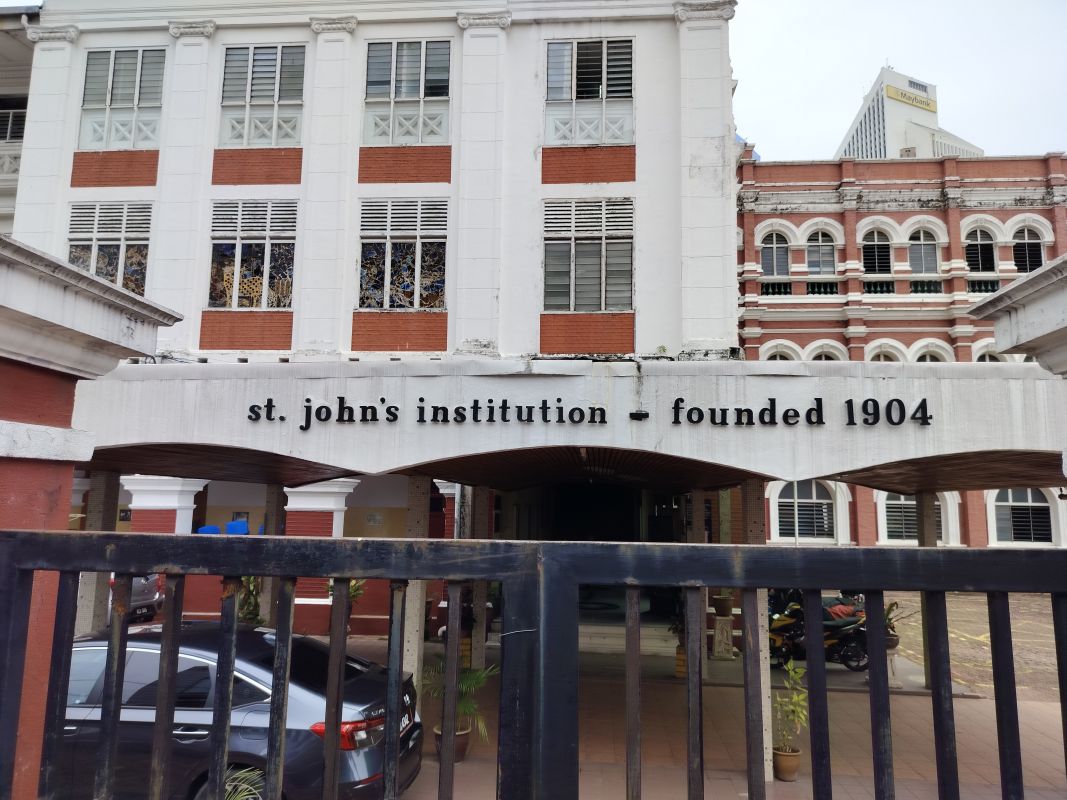
During the second world war, the school was closed but opened to refugees, providing them with shelter and security. In 2010, the Federal Government of Malaysia officially recognised the main building as a National Heritage site.
Tugu Negara
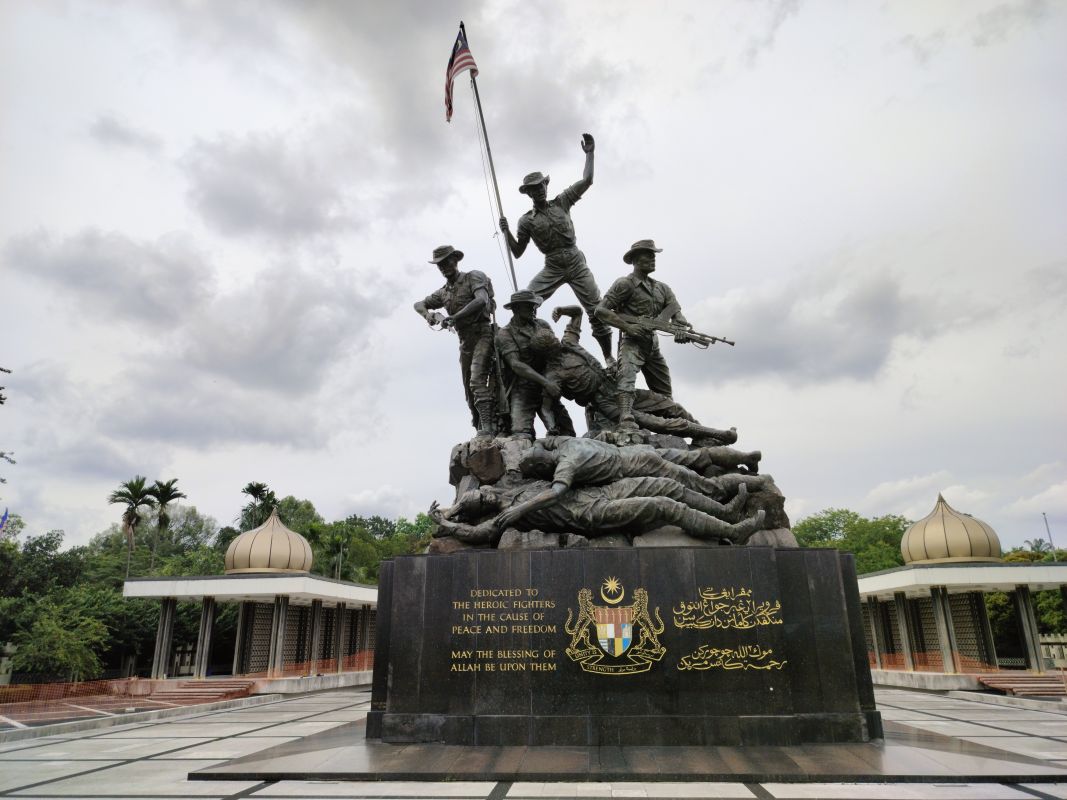
To honour those who gave their lives in the name of freedom for Malaysia during the first world war and the Malayan Emergency, the Tugu Negara was commissioned by Tunku Abdul Rahman and was unveiled in 1966.
Designed by Austrian sculptor, Felix de Weldon, the monument stands 15 meters tall. The sculpture has a total of 7 figures which are made of bronze while the rock they are standing on is made of granite.
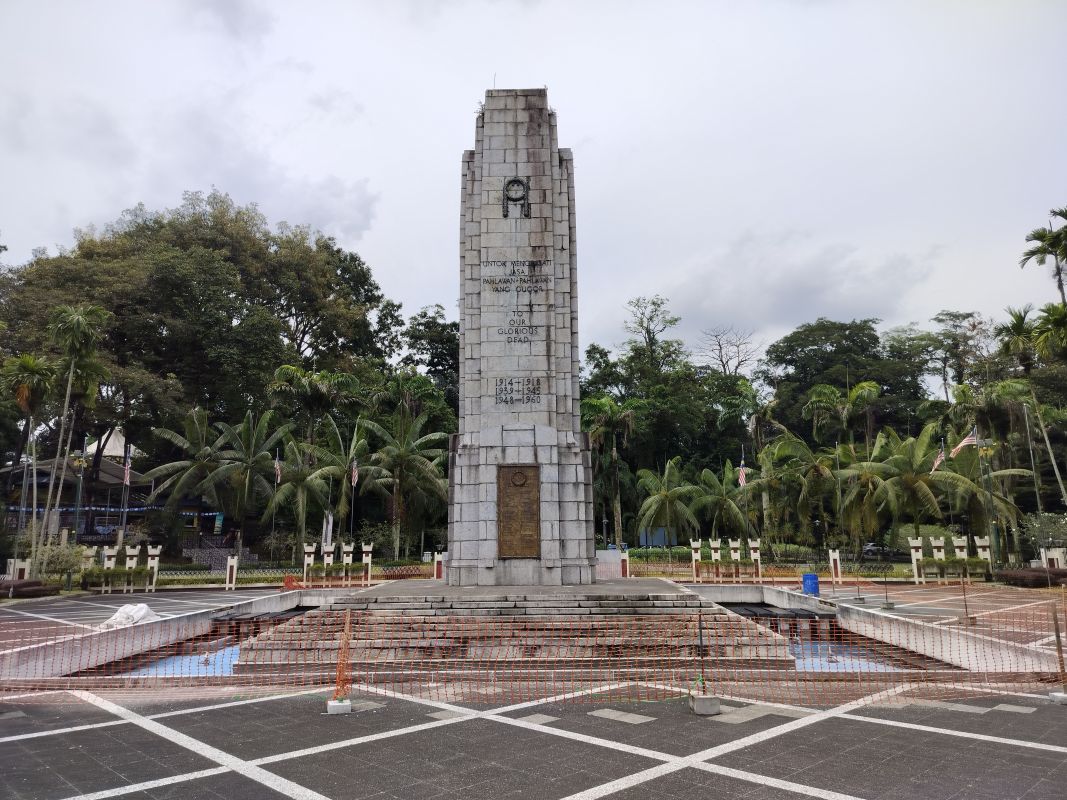
Meanwhile, at the entrance of the location sits the Kuala Lumpur Cenotaph which was built by the British to honour those who were killed in the Great War and World War I. It was originally located near the Old Kuala Lumpur Railways Station before being moved to the same location as the Tugu Negara in 1964. After the move, the names of the fallen soldiers during the Malayan Emergency were added.
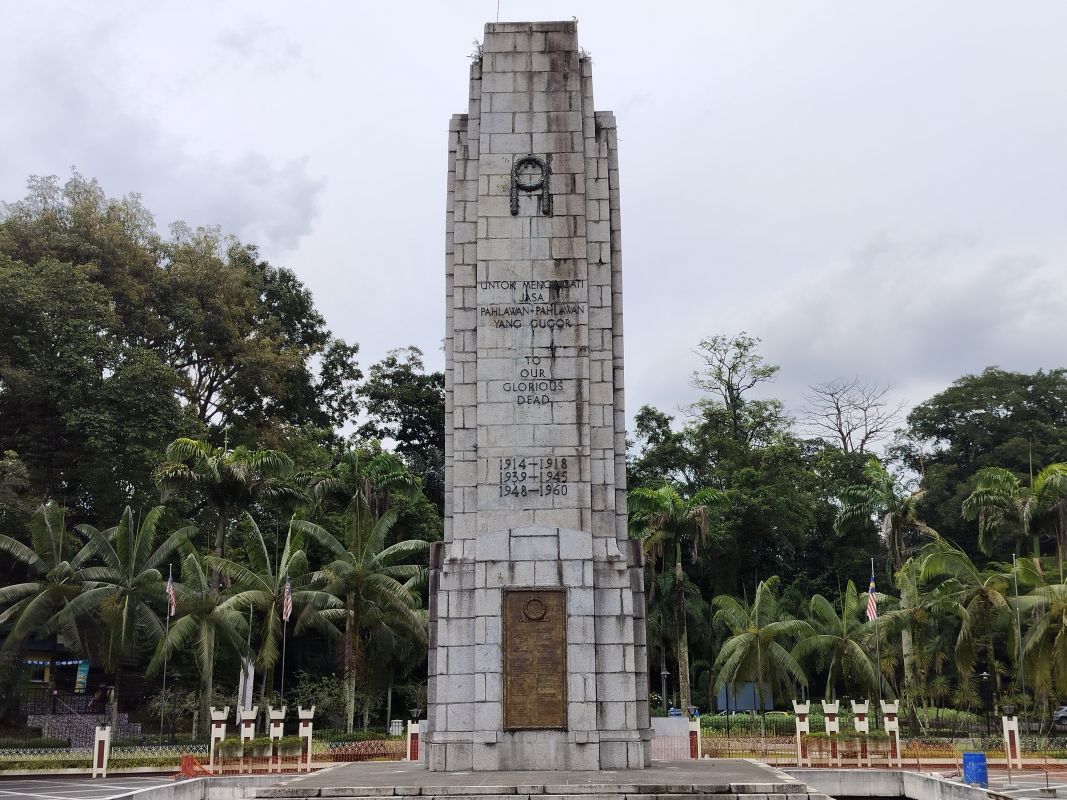
Because this photo of the Kuala Lumpur Cenotaph was shot at 108MP, we can zoom in and reframe the photo to put the focus on the structure without noticeable degradation to the image.

Other features of the OPPO Reno8 T include a 6.7-inch AMOLED with a buttery smooth 120Hz refresh rate. Powering the phone is a Qualcomm Snapdragon 695 5G with 8GB of RAM mated to 256GB of storage which can be further expanded with a microSD card up to 1TB. Therefore, you’ll have plenty of storage space for shooting photos at the full 108MP resolution.

Providing juice to the hardware is a 4,800mAh battery with support for 67W SUPERVOOC charging with the included charger.
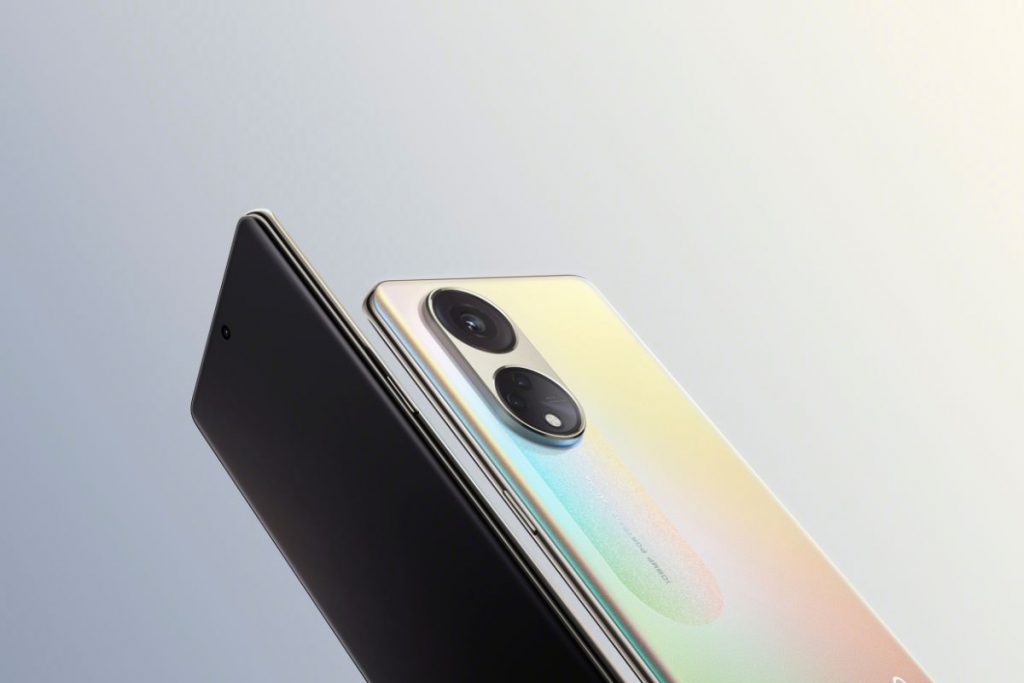
Available in Midnight Black and Sunrise Gold, the Reno8 T 5G is now available for purchase for RM1,799. In conjunction with Hari Raya, every purchase of the Reno8 T 5G from today until the 7th of May 2023 will come with a free Enco series wireless earbuds.

Moreover, purchase any OPPO smartphone during that same period to enter a lucky draw and stand a chance to win a cruise on the Genting Dream Cruise and other prizes. Get your OPPO device of choice from OPPO Brand Stores, My OPPO Space, OPPO official online store, e-comm partners, and authorized dealers.
Learn more about what the OPPO Reno8 T 5G has to offer at – oppo.com.my.

